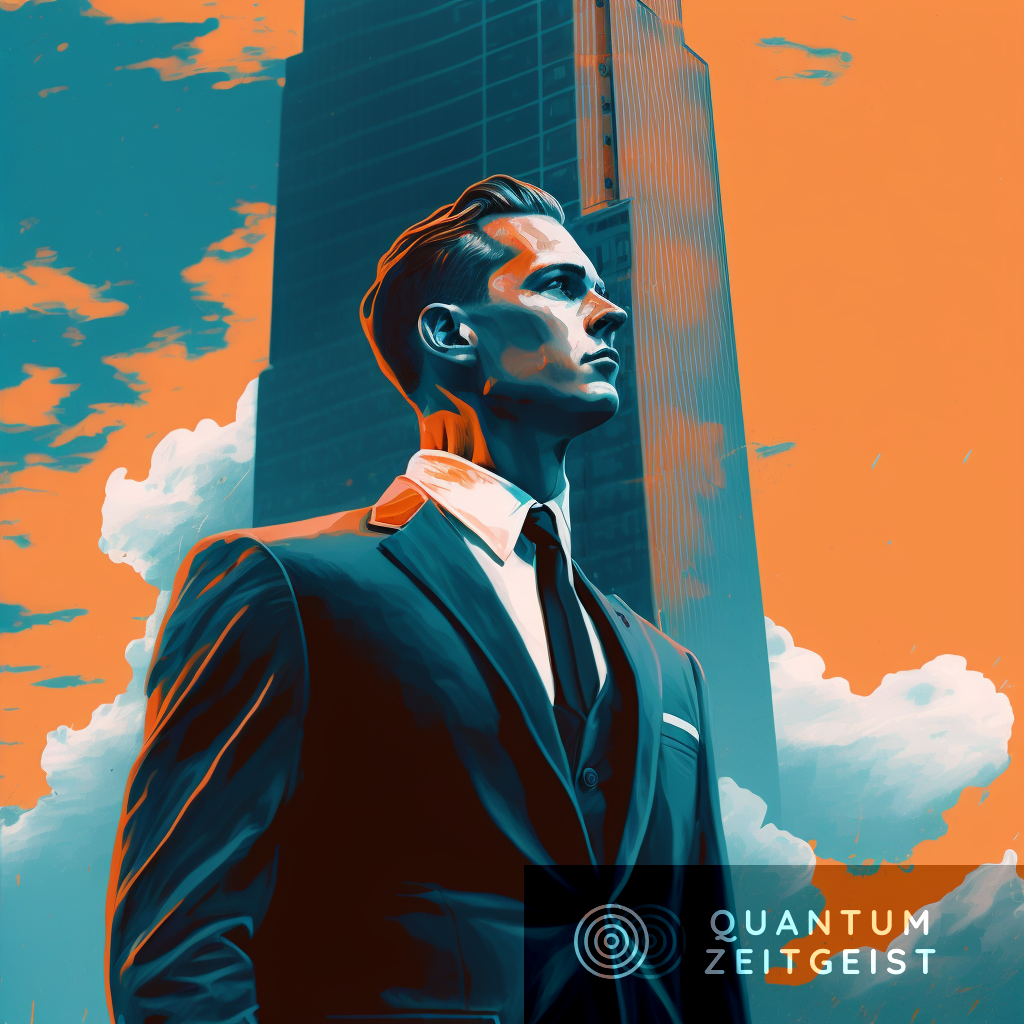The government has announced an extension of the funding offered to UK Horizon Europe applicants, first announced in November 2021. UK Research and Innovation (UKRI) has issued funds totaling over £882 million until February 2023. The extension ensures that eligible and successful UK applications will continue to be funded, which includes quantum computing projects, allowing them to continue their crucial work in research and innovation.
UK Research and Innovation (UKRI), established in April 2018, is a non-departmental public body supported by the Department for Science, Innovation, and Technology (DSIT).
The organization combines the seven discipline research councils, Research England, which finances research and knowledge sharing at higher education institutions in England and Innovate UK, the UK’s innovation agency.
The guarantee will be in force for all Horizon Europe calls that finish on or before June 30, 2023. Eligible and successful Horizon Europe candidates will receive the entire value of their financing at their UK host university for the duration of their grant.
“We are determined to ensure our world-class researchers are given the clarity and certainty they need to continue their sterling work, which is why I am taking the immediate step to extend the Horizon Europe guarantee, worth £882 million to date, for an additional three months to the end of June.”
Michelle Donelan, SCIENCE AND TECHNOLOGY SECRETARY
The government of the UK has also announced a major £370m package of new funding for Transformational Technologies and Sectors of Tomorrow, which covers the following:
- £250M Transformational Technologies Fund
- £50M for Specialist Labs
- £50M for World-Class labs
- £10M Seed Science Fund
- £9M Quantum Compute Research Centre in NW
These research and transformational technological fundings will accelerate the #ScienceSuperpower & #InnovationNation missions to drive resilient growth, investment, and jobs for all.
Quantum Technology Projects funded by UKRI
The Foundations of Quantum Computational Advantage (FoQaCiA) initiative
In 2021, the Foundations of Quantum Computational Advantage (FoQaCiA) initiative was built to concentrate on global talents in broadening the theoretical foundation for designing quantum algorithms. The FoQaCiA project aims to discover new foundational ideas for using the quantum for computation. It will focus on four aspects of quantum phenomenology: (1) quantum contextuality, non-classicality, and quantum advantage; (2) the complexity of classical simulation of quantum computation; (3) quantum circuit arithmetic; and (4) fault-tolerant quantum computation efficiency.
The Commercializing Quantum Technologies Challenge
The commercializing quantum technologies challenge is one of 16 UK-based projects that received £6 million in funding for 2022. These projects will help commercialize quantum technologies in the UK by addressing technical issues such as networking, seeing the invisible, positioning, navigation, timing, and computation.
Underground survey sensor
One of the pioneering projects under the funding of UKRI, The University of Birmingham, RSK Group, and Teledyne e2v have worked together to create a series of quantum gravity sensors based on cold atoms. This might, among other things, has the potential to make roadwork faster and more efficient by showing pipes and hidden risks. Quantum gravimeters have significantly impacted civil engineering, defense, agriculture, and a wide range of other sectors.
The project primarily focuses on gravity sensors that offer the potential to see considerably deeper into the Earth’s gravitational field by detecting the minuscule fluctuations caused by buried objects or cavities, provided that currently, the conventional gravity sensors require several minutes to filter out the effect of local vibrations, making surveys too slow and expensive for most applications, and, quantum sensors are capable of doing so.
Atomic clock back-up
Initiated in 2018, the project is guided by the needs of future precision atomic clocks; this effort aims to create an “optical frequency comb.” This laser produces thousands of regularly spaced optical frequencies, forming a frequency ruler that is critical in quantum timekeeping devices.
The laser comb can be used as a gearwheel to reduce this pace to around 10 billion ticks per second, which is more suitable for everyday applications. In this way, the comb functions like the clockwork mechanism in a pendulum clock, slowing down the pendulum’s rapid ticks to less frequent increments in the positions of the minute and hour hands. The primary method was viewed as leverage that improvements in ultrafast lasers and integrated nonlinear photonic devices, complementary technologies in which Heriot-Watt and Glasgow University researchers are world leaders, provided.
Read more about the extended funding here.
References:
[1] https://uknqt.ukri.org/wp-content/uploads/2021/10/Gravity-Sensors-See-Underground.pdf
[2] https://www.ukri.org/what-we-offer/our-main-funds/ukri-challenge-fund/artificial-intelligence-and-data-economy/commercialising-quantum-technologies-challenge/
[3] https://www.ukri.org/news/bringing-quantum-technologies-into-the-real-world/
[4] https://gtr.ukri.org/projects?ref=EP%2FP005446%2F1

